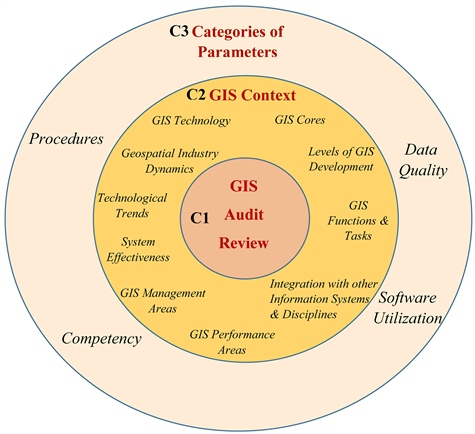Digital Transformation of Audit Procedures on the Horizon
Initial trials of conducting audits remotely in various sectors have been successfully completed, and the methodology is now being scaled up to be utilized across different offices. The Comptroller and Auditor General (CAG) is poised to launch a comprehensive digital portal designed to offer around one million auditee organizations a unified and direct mode of addressing inquiries, comments, and inspection findings. The goal is to have the portal fully operational by the month of November.
This, in fact, signals a fundamental shift within the entire auditing system towards remote and hybrid strategies with the view to enhance audit scope, minimize onsite audit duration at auditee locations, and elevate the quality of audit outcomes. This evolving paradigm is firmly grounded in risk-centric planning, secured integration with governmental platforms such as IFMS and e-Procurement, and sector-specific databases like WAMIS for public works.
Furthermore, the rescue and utilization of geospatial technology like the PM GatiShakti is being aimed at bolstering evidence and maintaining uniformity across sectors. After successful pilot testing of remote auditing procedures in diverse domains, the technique is now being adopted across other offices as well, essentially extending the reach of the audit process.
Interestingly, remote auditing for receipt audits is progressing more swiftly; a higher degree of automation and standardized robust data have been the catalysts here. This progression can well be exemplified by a data-driven GST audit that was conducted synchronously at the Central and State audit offices using a uniform audit structure and centrally validated SQL inquiries.
Similarly, another successful instance of remote auditing is visible in PAG (Audit) Telangana’s scrutiny of the Stamps & Registration Department with effective office-based inspection combined with real-time coordination. These instances underline the progression and potential of a remote auditing framework unfolding in the auditing domain.
A new initiative that is presently being devised is the CAG-LLM, which stands for Large Language Model. The primary objective of this model is to assist auditors in tapping into institutional knowledge from over the years, thereby facilitating enhanced effectiveness and uniformity in audit analysis. This innovative model is expected to revolutionize the auditing sector.
The unique attribute of this AI-powered system is its capability to expand institutional prowess in analyzing large data sets and internally produced documents like inspection reports. Its advanced algorithms are equipped to discern patterns and risks with unerring accuracy, enabling auditors to draw out more pointed audit insights and detailed reports. The integration of AI in auditing, thus, takes the industry a significant step ahead in its digital transformation journey.
The Annual Conference of State Finance Secretaries for the year 2025 is slated to be held on a Friday. The focus of the conference will be on key matters pertaining to the augmentation of the reporting framework, particularly related to centrally governed schemes. The conference will also discuss effective practices in public finance and how technology and digital platforms may be leveraged for effective governance.
A considerable portion of the conference will also be dedicated to understanding and discussing strategies for stronger account management and auditing of state public sector organizations and autonomous bodies. These themes form an integral part of the agenda, aimed at elevating financial transparency and accountability.
Various high-ranking officials are expected to attend the conference. These include representatives from the Union Finance Ministry, finance secretaries of state governments, representatives from the Reserve Bank of India (RBI), and the Controller General of Accounts (CGA). Leaders from the accounting services of several sectors – including railways, telecommunications, and defence – are also likely participants.
In addition to the aforementioned, the Accountant General representing CAG’s auditing and accounting bureaus in the states is also expected to participate at the conference. The conference, therefore, serves as a powerful platform that brings together the key voices in finance and auditing from across the country.
Overall, this multipronged approach to transforming the audit process – from the introduction of remote audits to the deployment of AI technologies – underlines the resolve to reform and modernize audit practices. Coupled with a strong emphasis on digitalization, this move not only enhances efficiency but also sets the stage for a future-oriented, data-driven, and technologically advanced auditing landscape.
With the convergence of audit at the intersection of technology and process innovation, the stage is set for a radical shift in the way audits are conducted. The adoption of technology not only cuts down time spent at client premises during audits but also allows better insights into their processes, making it a win-win situation for both auditors and auditees.

